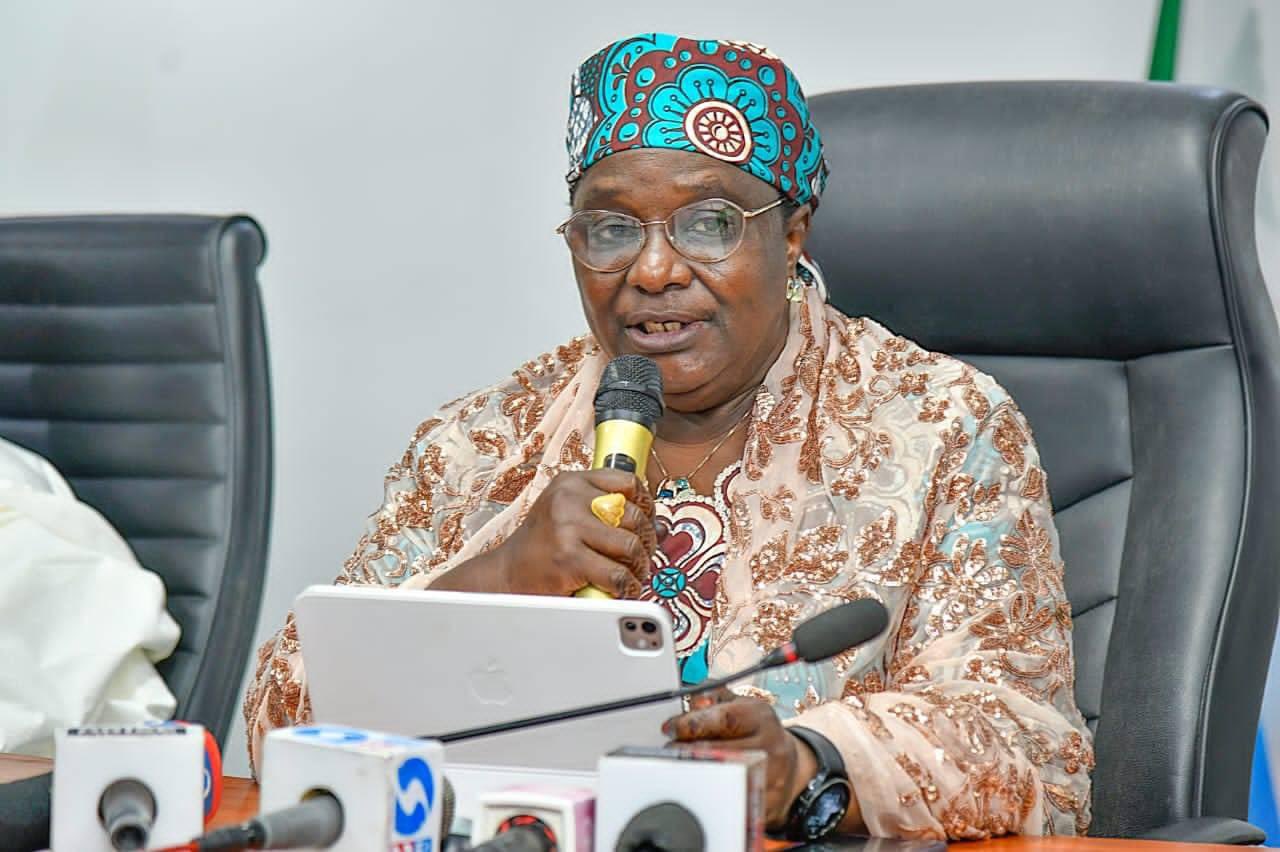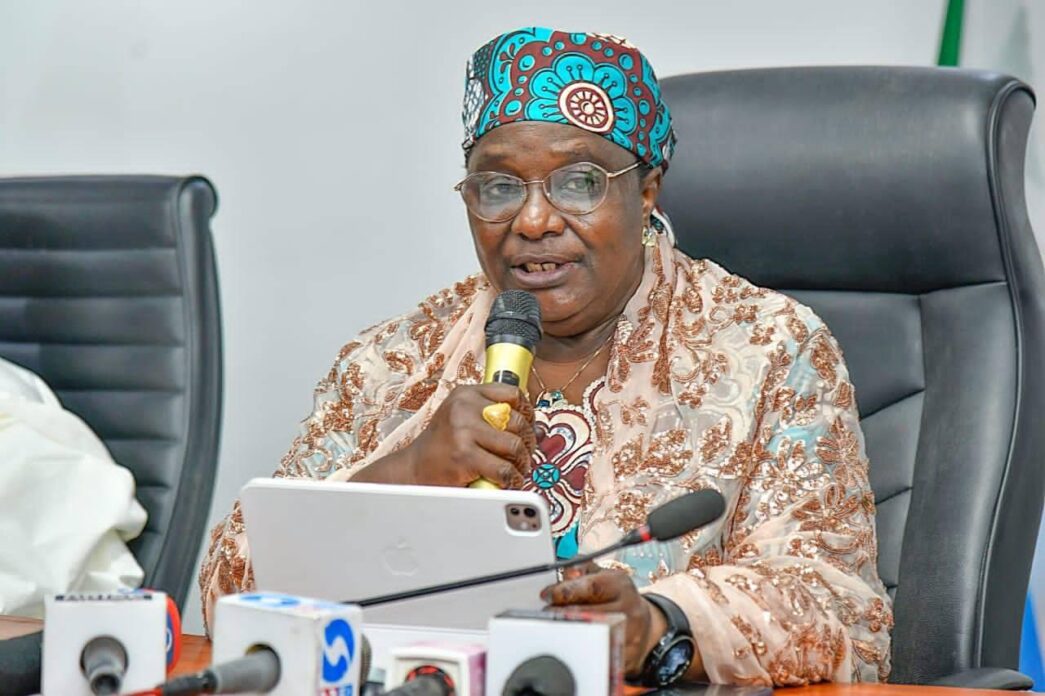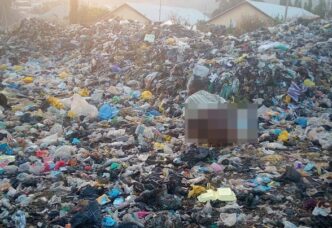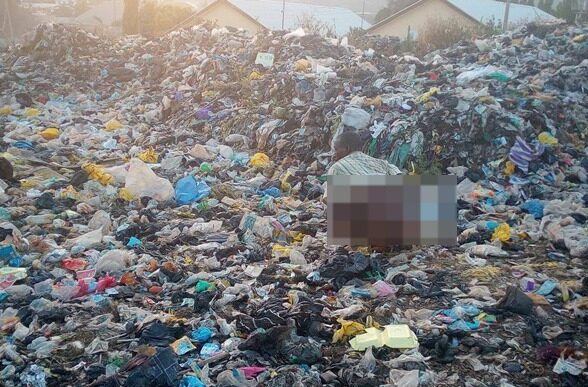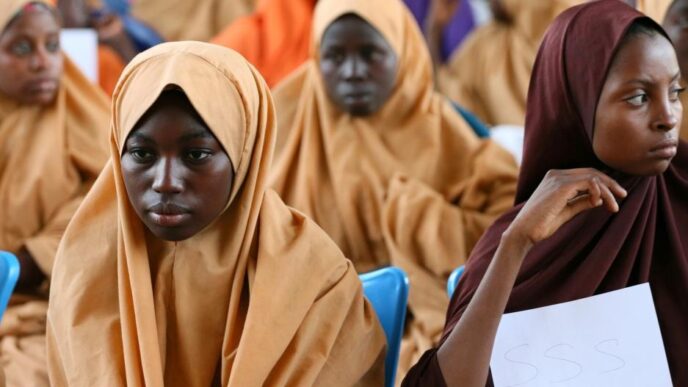Hadiza Balarabe, deputy governor
The Kaduna state government has signed a contribution agreement with the United Nations International Children’s Emergency Fund (UNICEF) to return 200,000 out-of-school children to school.
Speaking at the signing event on Friday, Uba Sani, governor of Kaduna, said the agreement falls under the Reaching Out-of-School Children Project.
Sani, represented by Hadiza Balarabe, the state’s deputy governor, said the project seeks to address the critical challenge of out-of-school children in Kaduna, particularly focusing on girls, children with disabilities, and adolescents.
She noted noted that 200,000 out-of-school children will benefit from the initiative, with 1,273,222 primary school pupils gaining access to improved facilities and learning materials.
Advertisement
She added that 36,233 stakeholders, including teachers and education authorities, will receive training and capacity development to enhance the state’s education sector.
“This partnership is a significant step towards ensuring every child in Kaduna State has access to quality education,” she said.
“The project aligns with our Education Sector Strategic Plan and reflects our commitment to achieving Sustainable Development Goal 4 for inclusive and equitable education.”
Advertisement
Balarabe appreciated UNICEF and other funding partners, including the Islamic Development Bank, Kuwait Fund, Global Partnership for Education, Education Above All, and Save the Children International, for supporting Kaduna’s education goals.
Also speaking, Cristian Munduate, UNICEF’s country representative, said 49,000 children have been enrolled in the Nigeria Learning Passport through the partnership.
She commended the state’s efforts in reducing its 74% literacy and numeracy poverty rate through the Kaduna Literacy and Numeracy Accelerator.
“This USD 2.5 million, four-year intervention under the Reaching Out-of-School Children programme will strengthen the state’s education management systems, ensuring data-driven planning and monitoring to keep children in school,” Munduate said.
Advertisement
Add a comment
